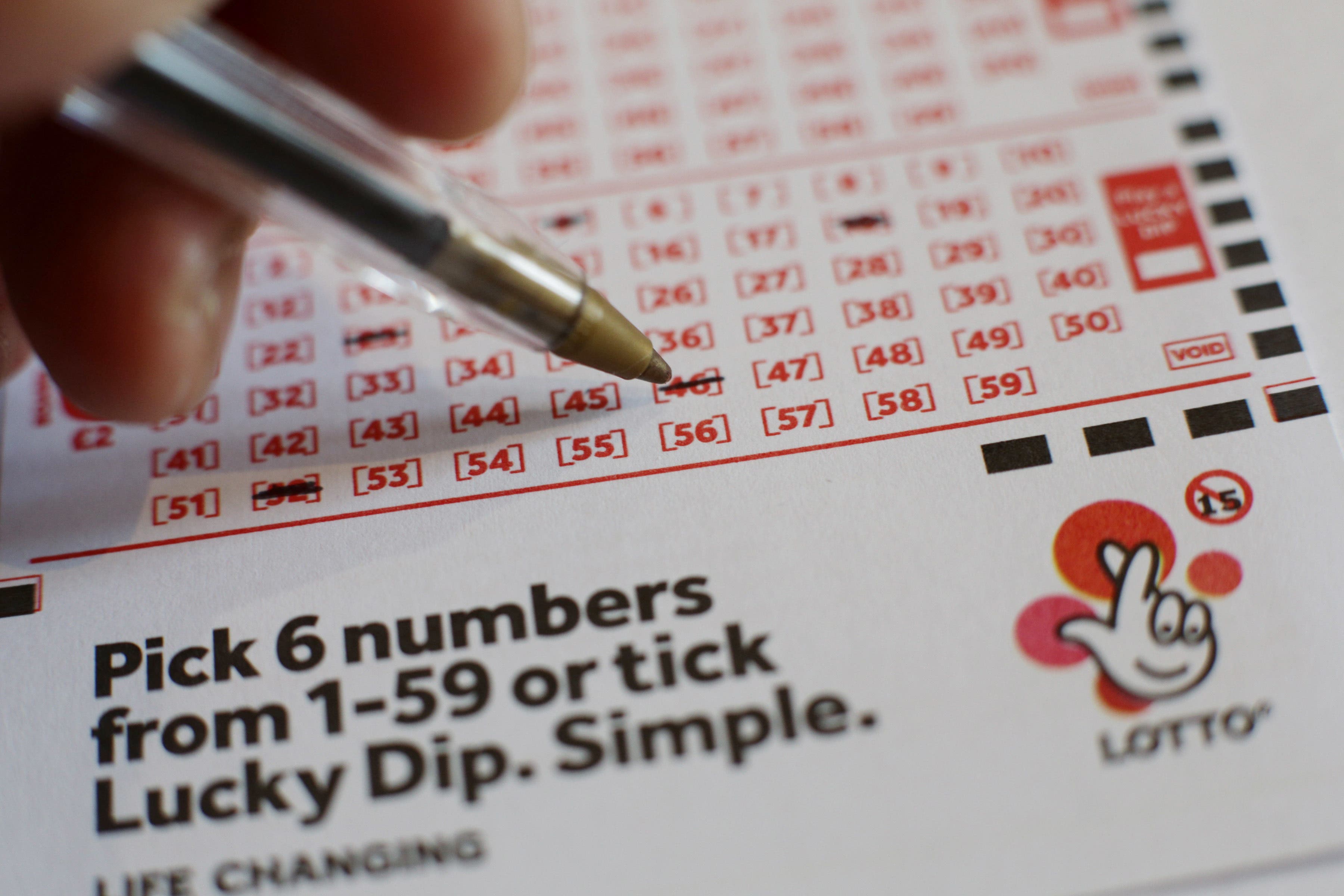
The official lottery is a type of gambling where people purchase chances to win prizes. Prizes can be money, goods or services. People may play the lottery on a regular basis or occasionally. Some states have their own state-operated lotteries, while others participate in national lotteries such as Powerball and Mega Millions.
In 2021 alone, Americans spent over $100 billion on lottery tickets. State governments introduced lotteries as a way to raise revenue without raising taxes. They found willing partners in private companies that profit from running lottery games. But critics argue that this is a bad deal for the public, mainly because it shifts the burden of paying taxes onto those who can least afford to do so. In addition, studies show that retailers who sell lotteries are disproportionately based in lower-income communities.
When state-operated lotteries were first introduced, they promised to use proceeds for education. But this promise has been largely unfulfilled. The biggest reason is that, as the research has shown, lotteries are a really inefficient way to raise revenue for education and other government programs. The problem is that the same people likeliest to buy lottery tickets are also the ones who rely on these government services. In this way, lottery proceeds are regressive.